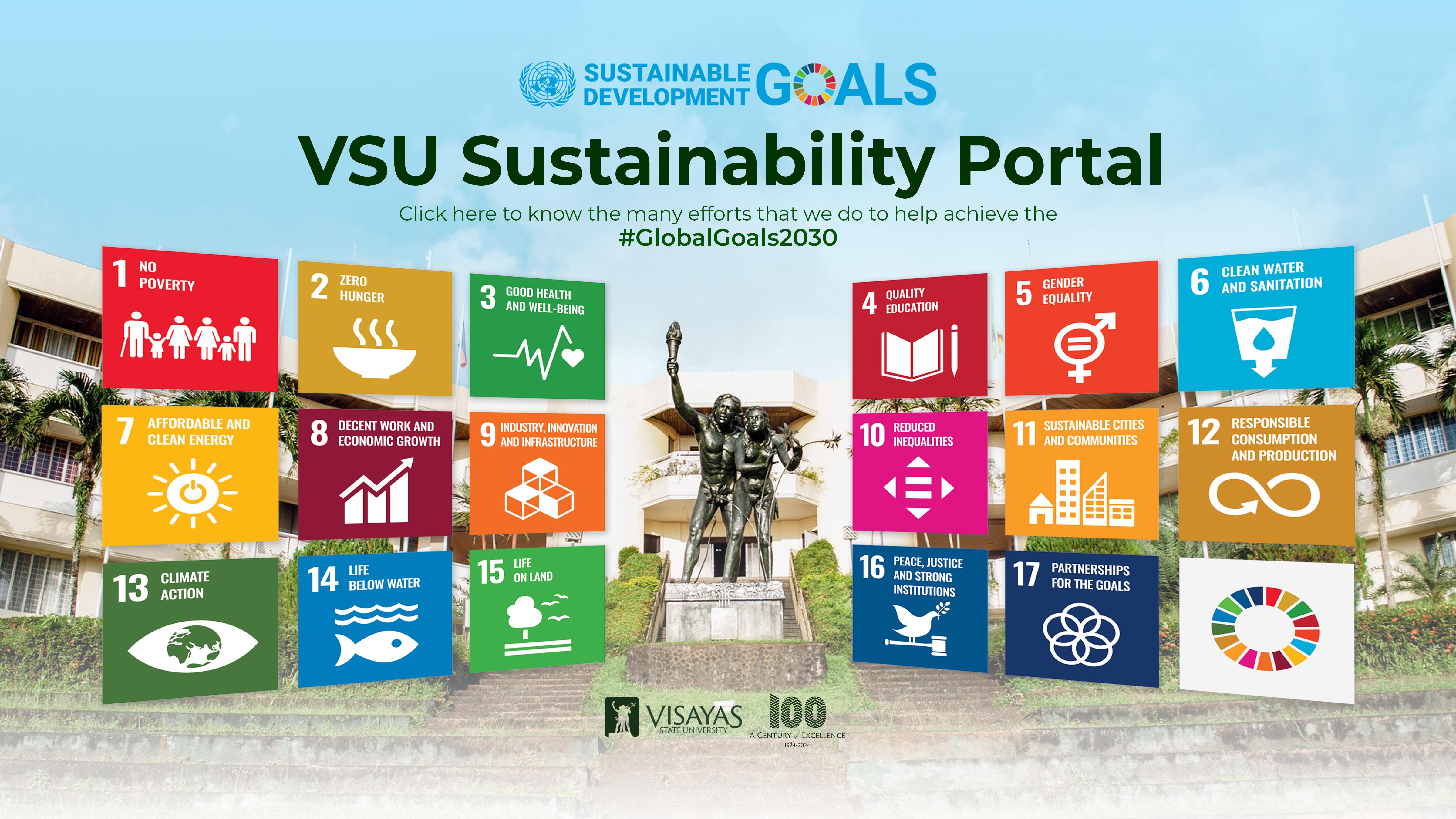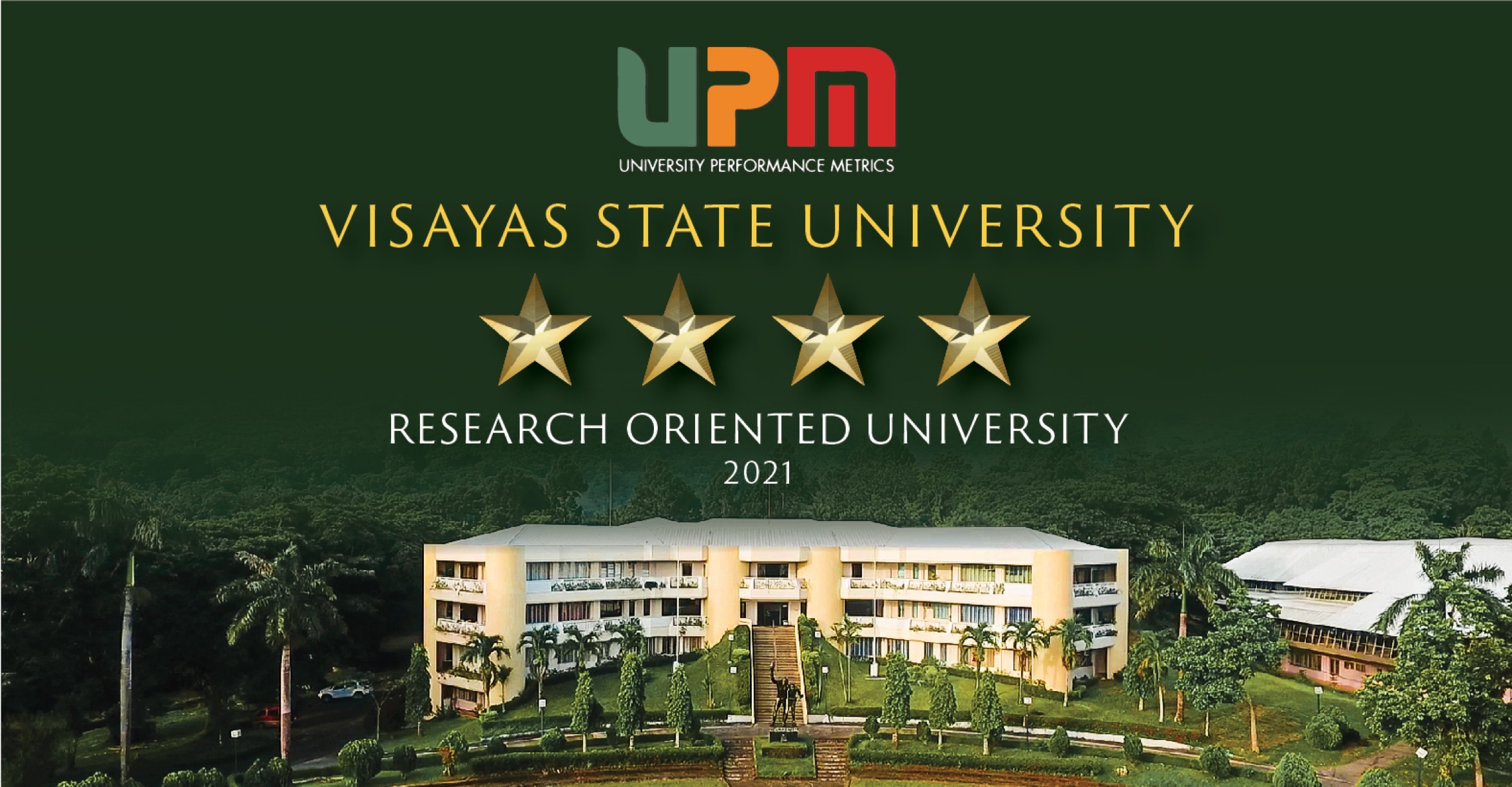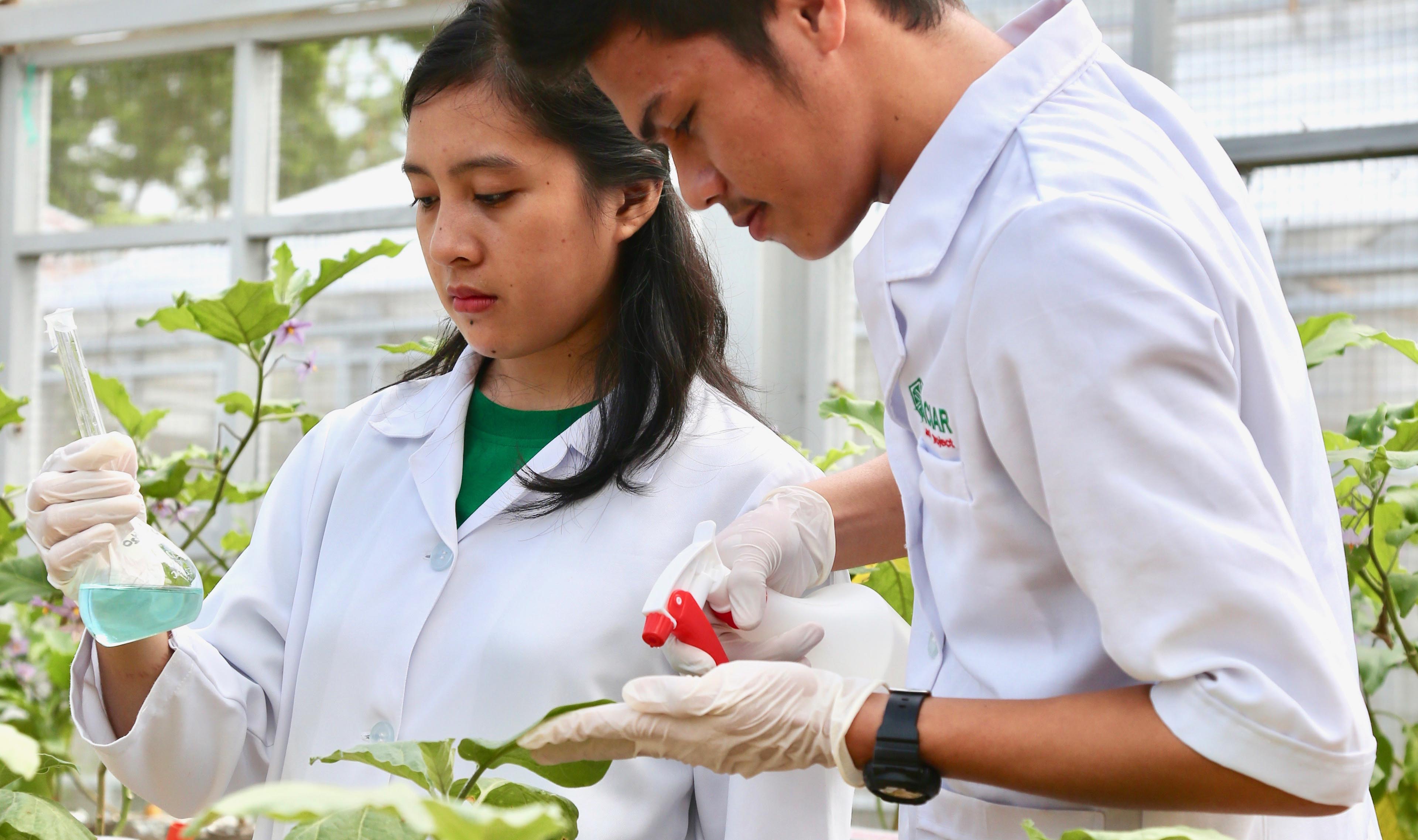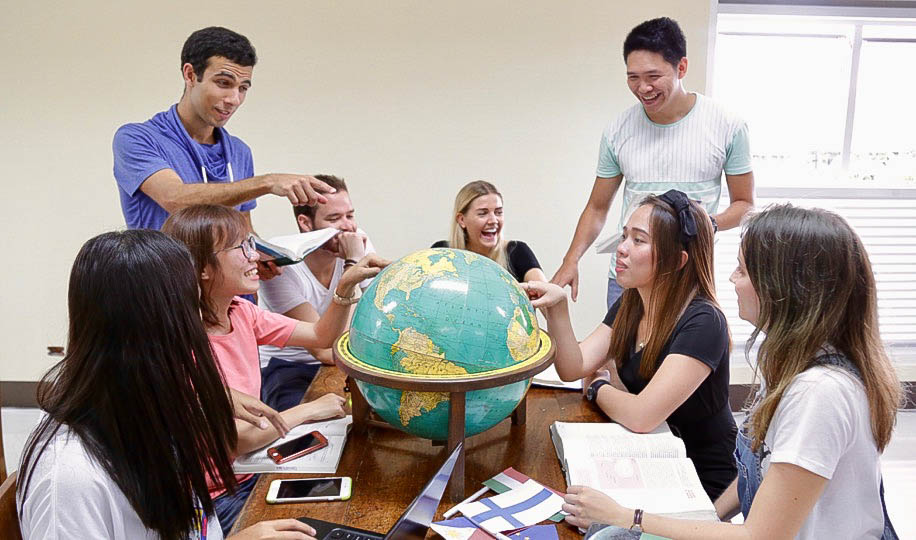Understanding Love
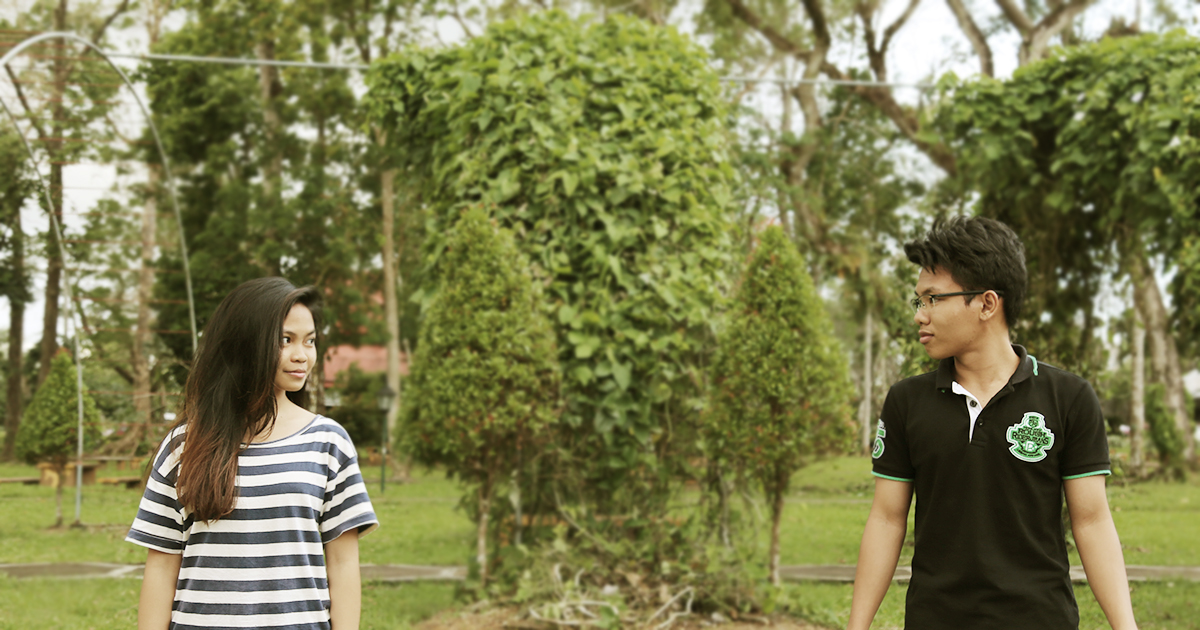
Prof. Buenaventura Dargantes, a socio-ecology professor at VSU, argued that a human’s feelings and behavior such as the propensity for attracting potential mates, or being attracted towards a certain person, are driven by our nature to perpetuate our species.
In his lecture, Ecological basis of love, Prof. Dargantes said that there have been evolutionary arguments to human behavior. Quoting physiological studies, Prof. Dargantes said the feeling of being in love is caused by chemicals in the brain stimulated by a person. This causes one to develop a habit for that particular person we often label as “the one.”
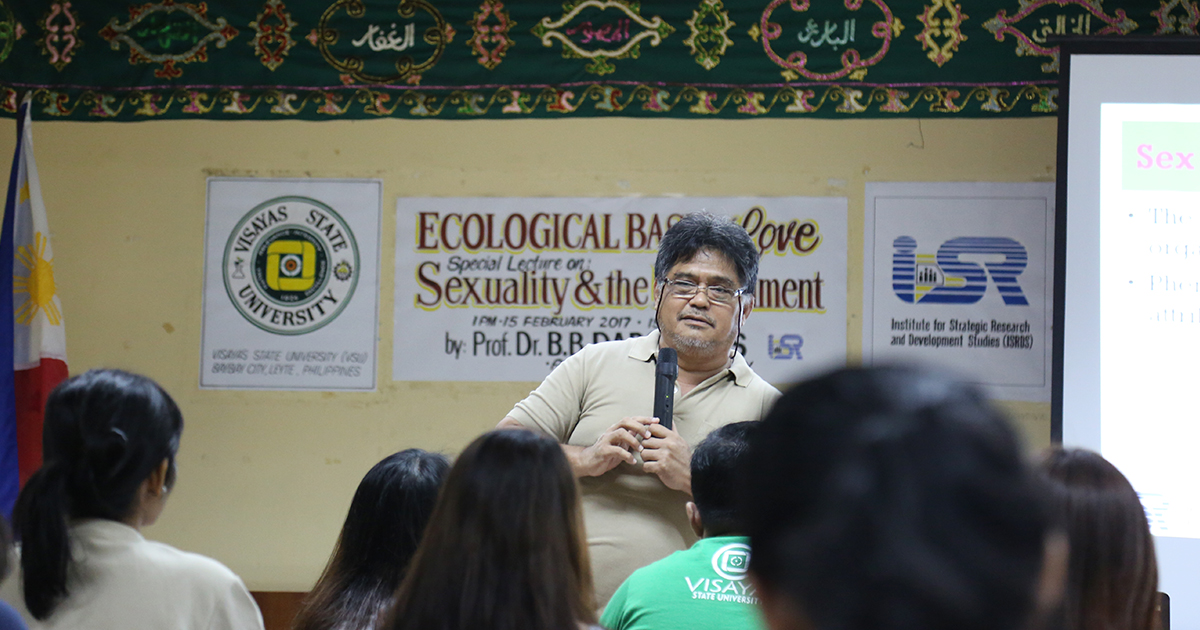
“The grouping of some of the behavior involved in love must be explained in terms of evolutionary consequences,” said Prof. Dargantes quoting American psychologist Burrhus Frederick Skinner.
Prof. Dargantes referred to the concepts Linkage Disequilibrium and Natural Selection to explain those feelings that society labels as Love.
English naturalist and geologist Charles Darwin had said natural selection favors the development of organs and devices for survival. In other words, our bodily mechanisms that guide behavior are our adaptations to our environment. Such feelings such as love and empathy, Prof. Dargantes explained, can be explained by our tendency to master the environment by perpetuating mankind.
Using the tenets of evolutionary psychology, Prof. Dargantes explained how society’s institutions such as marriage and family were formed.
“A monogamous marriage may have been instituted in the past because the availability of resources is uncertain across time and space,” said Prof. Dargantes.
There can be other schools of thought to explain love, marriage, and family, but the ecological basis for these should be understood, Prof. Dargantes said.
Sex Education
Discussions about sex education surfaced during the lecture’s open forum. Prof. Dargantes expressed favor for the inclusion of sex education in schools.
“Our propensity to engage in sexual activity is indeed a natural thing,” Prof. Dargantes said.
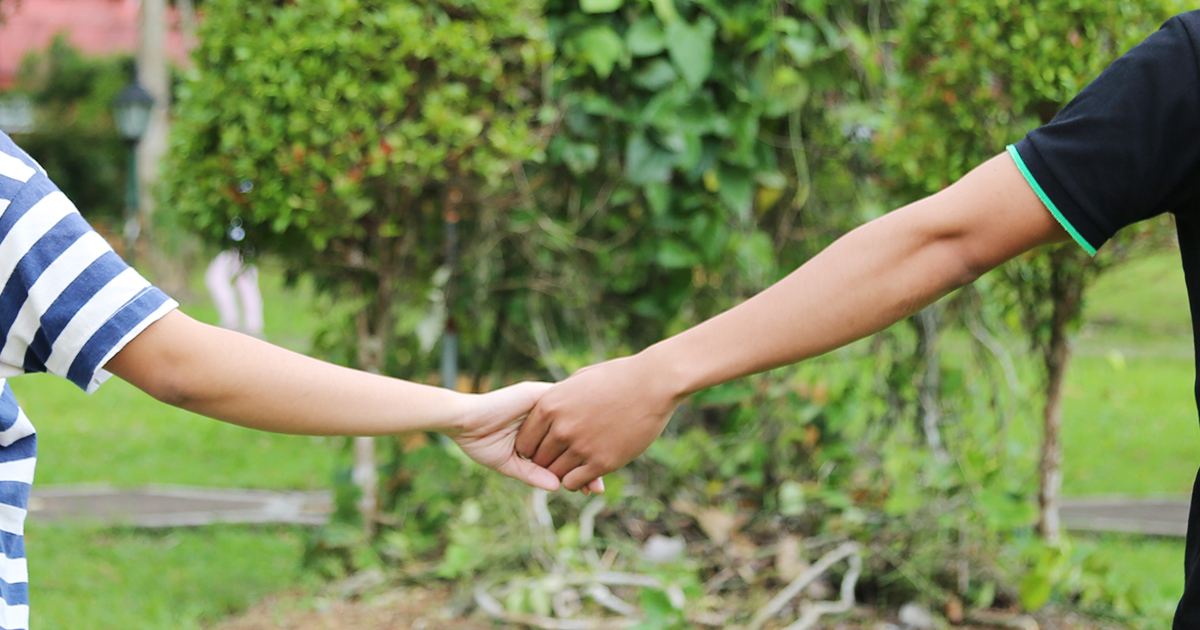
Prof. Maria Aurora Teresita Tabada, Lead of VSU’s Gender and Development Team, shares the stand for the inclusion of sex education in schools. It is not so much on the practicality of it to the country’s situation, Prof. Tabada said, but primarily on helping our youth understand themselves and their tendencies.
The lecture, sponsored by VSU's Institute of Strategic Research and Development Studies, was delivered to VSU students, February 15, at the ISRDS Lecture Hall.

